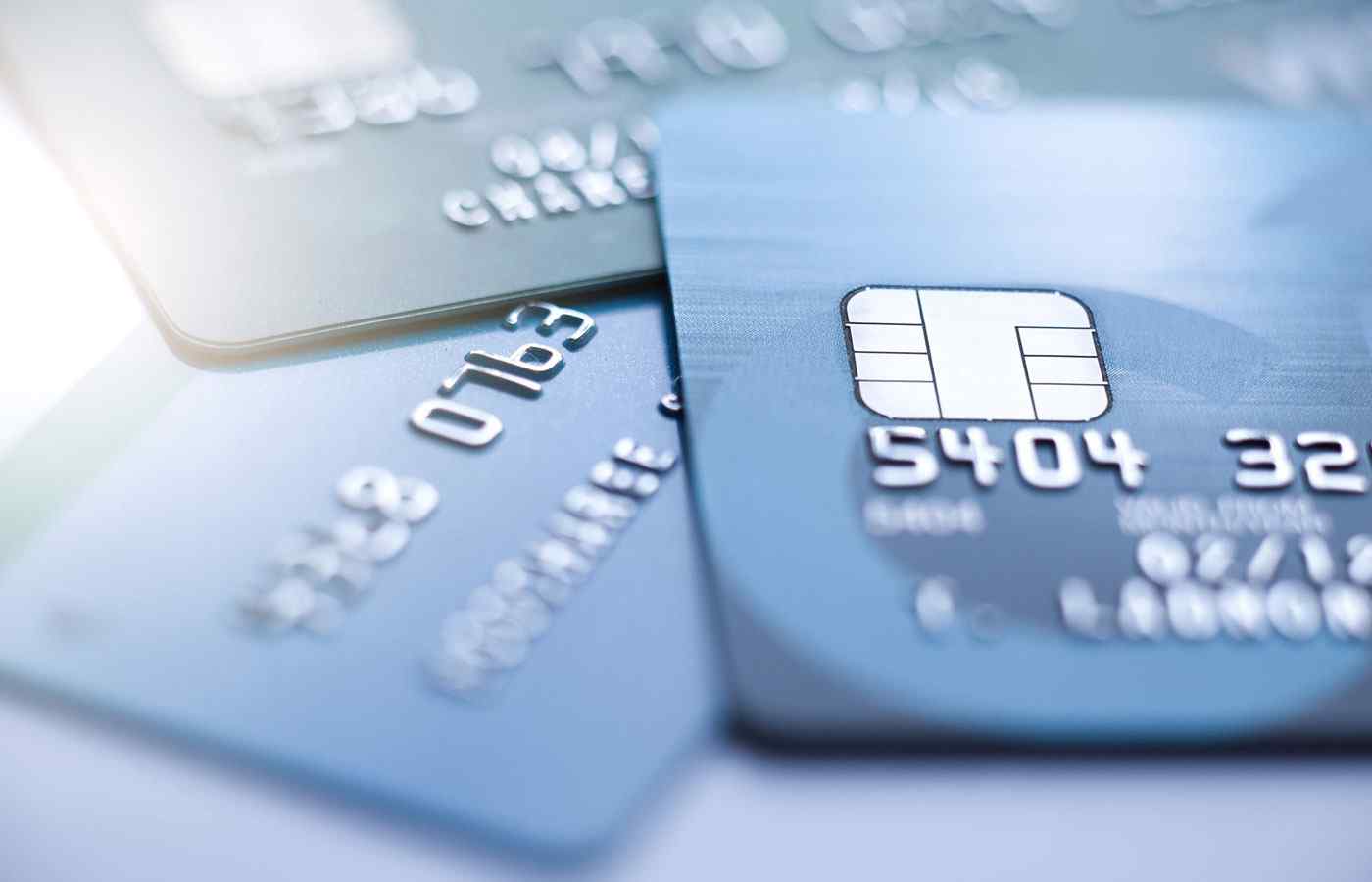Investors who have been following the fintech industry have probably started hearing the words “Buy Now, Pay Later” pop up increasingly lately. This latest generation of consumer spending solution is rapidly becoming a popular means of affording expensive purchases.
Consequently, many industry leaders have begun investing significant capital into adding this functionality to their services. Roughly two weeks ago, PayPal acquired Paidy, a Japanese Buy Now, Pay Later business, for $2.7bn. And before that, Square had made a $29bn acquisition of Afterpay.
Despite these rigorous investments, some troubling data is emerging about the sustainability of this payment model. In fact, if current trends continue, this could lead to one of the biggest personal finance disasters in modern history. So, let’s take a look at what’s really going on under the surface.
What is Buy Now, Pay Later?
As the name suggests, Buy Now, Pay Later allows consumers to purchase products without paying the bill immediately. Instead, the cost is spread over time, allowing the consumer to pay in small instalments. That way, expensive products become more affordable without changing the price tag.
This is one of the primary contributors to Peloton’s success in 2020. With lockdown restrictions forcing people to stay at home, the demand for home exercise equipment skyrocketed. Being a leading provider of such products, Peloton capitalised on the situation. The problem is that one of its treadmills or bikes can cost upward of $3,000 (before the recent price drop). Needles to say, it’s an expensive piece of equipment that not everyone can afford.
To solve this price barrier, the company partnered with Affirm Holdings to introduce a Buy Now, Pay Later scheme. Under this plan, customers could spread their payments over up to three years. And pay zero interest in the process. Historical solutions, such as a credit card, can achieve something similar. But beyond not having to pay interest, Buy Now, Pay Later has another significant advantage.
Let’s say I’m using a $4,000 limit credit card to purchase a $3,000 Peloton treadmill. After completing this transaction, my credit score is immediately damaged, as I now have a near-maxed out credit card on record. However, using a Buy Now, Pay Later scheme would have no effect on my credit score. Why? Because so long as I don’t miss a payment, the transaction doesn’t get reported.
The cracks start forming
As exciting as this payment innovation is, it’s ultimately another form of debt. And that requires consumers to be responsible with their spending – something that historically hasn’t really happened. There are undoubtedly plenty of individuals who are financially responsible and pay their bills on time. But the early data surrounding Buy Now, Pay Later is pretty worrying.
The Australian Securities & Investment Commission (ASIC) have been tracking this payment method since 2018. And since then, the level of delinquencies surrounding Buy Now, Pay Later contracts has been rising fast. As of November 2020, up to 19% of consumers using this system have missed payments. By comparison, credit card delinquency rates currently stand at 1.58%.
A brewing personal finance disaster
This high delinquency rate isn’t surprising given the lack of credit checks performed before a Buy Now, Pay Later loan is issued. But as a consequence, it seems many consumers are now taking out additional loans to meet their monthly obligations.

According to the ASIC, in 2018, 2% of users had to take out a loan to stay on top of their Buy Now, Pay Later instalments. As of November 2020, this proportion has grown to as high as 20%. And to make matters worse, it seems they are using credit cards to do it. This only amplifies the problem as now consumers owe interest on late payments to their credit cards.
On average, 42% to 46% of credit cardholders incur an interest fee. These numbers jump to 66% and 73%, respectively, if the credit card had been used to pay for a Buy Now, Pay Later scheme. Furthermore, an average of 16% to 18% of credit cardholders tends to use more than 90% of their credit limit. These numbers again jump up to 38% and 43%, respectively, if the credit card is used to pay for a Buy Now, Pay Later scheme.
The future of Buy Now, Pay Later for Investors
If these trends continue, regulators would likely begin to step in. Their actions could lead to new regulations requiring more rigorous credit checks before issuing a Buy Now, Pay Later loan. And that could cause some significant disruption to all the fintech companies investing in this space, especially the pure-plays like Affirm, among others.
Personally, I believe eventual regulatory intervention is inevitable. But it’s not the only threat. If more people miss payments, it’s likely merchants will simply stop offering this payment method due to its unreliability. In such a scenario, I think the impact could be significantly more damaging than the addition of credit checks.
The quantity of data collected so far is still relatively small. But based on what’s been gathered so far, it’s pretty evident that consumers are not being fiscally responsible. And this behaviour could lead to an enormous pile-up of personal debt. It’s worth noting that this is happening during a time when the economy is in a reasonably strong position. So, what happens when a recession hits?
RELATED: Is this another ticking time bomb for investors?
Discover market-beating stock ideas today. Join our Premium investing service to get instant access to analyst opinions, in-depth research, our Moonshot Opportunities, and more. Learn More
Zaven Boyrazian owns shares in PayPal and Square. The Money Cog has published a premium report for PayPal. Views expressed on the companies and assets mentioned in this article are those of the writer and therefore may differ from the opinions of analysts in The Money Cog Premium services.





